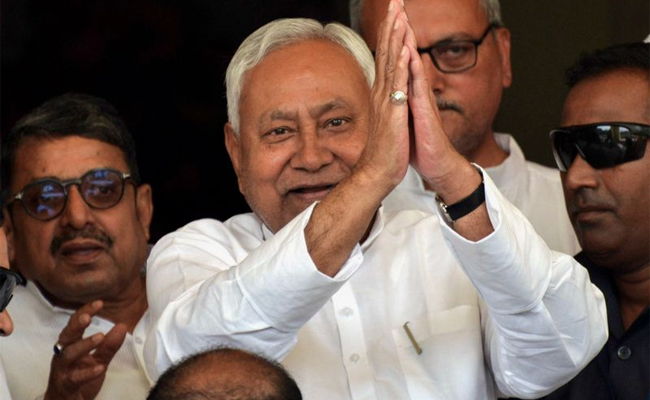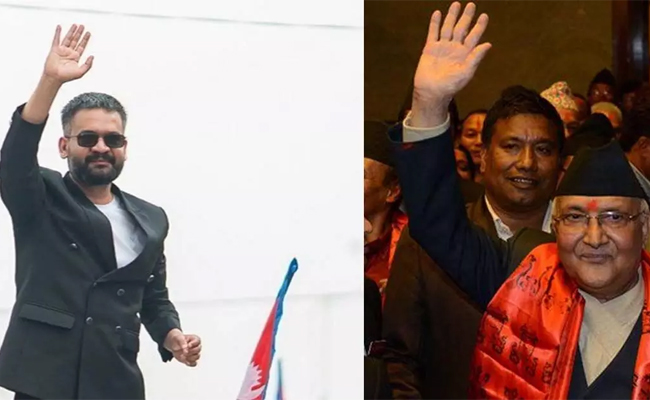San Francisco, June 28 : To help small businesses connect with relevant customers online, Google has introduced "Smart" campaigns which allow them to create ads in minutes.
The tech giant on Wednesday also announced that its lineup of ad products called "Google AdWords" will henceforth be known as "Google Ads".
"With the introduction of Google Ads, small business can now use Smart campaigns, our new default ads experience," Google's Product Management Director Kim Spalding wrote in a blog post.
"We'll be rolling out Smart campaigns to the US today and globally through the end of this year," Spalding said. Google first introduced its lineup of ad products nearly 18 years ago.
"We built Smart campaigns by tailoring the innovation and advertising technology available with Google Ads for small business owners. You can now create ads in minutes and drive real results - like making your phone ring, sending leads to your website, or bringing customers to your store," Spalding said.
Google said it will also launch a new advertising tool called "Image Picker" later this year.
"Images help your products or services stand out, and later this year we will launch Image Picker, making it easier for you to showcase what makes your business unique," Spalding said.
This tool will allow businesses to pick top three images from suggestions provided by Google or upload their own. "We'll help you get results by testing combinations of the text and images you selected," Spalding added.
Let the Truth be known. If you read VB and like VB, please be a VB Supporter and Help us deliver the Truth to one and all.
Thiruvananthapuram (PTI): The SSLC (Class X) examination commenced in schools across Kerala on Thursday.
Kerala General Education Minister V Sivankutty wished students appearing for the SSLC examinations success and urged them to approach the tests with confidence.
Apart from the SSLC examination, the Plus One examination also commenced on Thursday, while the Plus Two examination will begin on Friday.
As many as 4,17,497 students are appearing for the SSLC examination, which is being held at 3,047 centres.
ALSO READ: Nitish likely to file nominations for Rajya Sabha polls
A total of 633 students have registered for the SSLC examination from the Lakshadweep region.
Similarly, 633 students have registered for the SSLC examination in the Gulf region, where the examination has been postponed due to the ongoing conflict in West Asia.
The examination will conclude on March 30.
According to the Education Department, valuation camps for the exam papers will be held from April 7 to April 28, and the results are expected to be declared in May.
Sivankutty, in a Facebook post, said examinations should not be viewed with anxiety but as an opportunity to express the knowledge students have acquired.
Noting that students are appearing for the exams after completing their studies with revised textbooks based on the New Curriculum Framework 2023, introduced after a gap of 11 years, the minister said the new evaluation system aims to assess 21st-century skills such as critical thinking, analytical ability and creativity.
He also assured students that there are no changes in the examination structure this year and cautioned them against attempts by some people to deliberately spread fear in connection with the exams, urging them to reject such messages with discretion.
He reminded students that the Class 10 examination is only a qualifying test for higher studies and that the government has ensured Plus One seats for all students in Kerala.
The minister further urged students to prioritise their physical and mental health during the exam period by maintaining proper sleep and food habits.
“This is not the last examination in life. A world of opportunities lies ahead of you. Enter the examination hall with a calm mind,” he said, wishing all students success.
As many as 4,11,025 students have registered for the Higher Secondary (Plus One) examination and 4,52,437 students for the Higher Secondary (Plus Two) examination, which will conclude on March 28.





